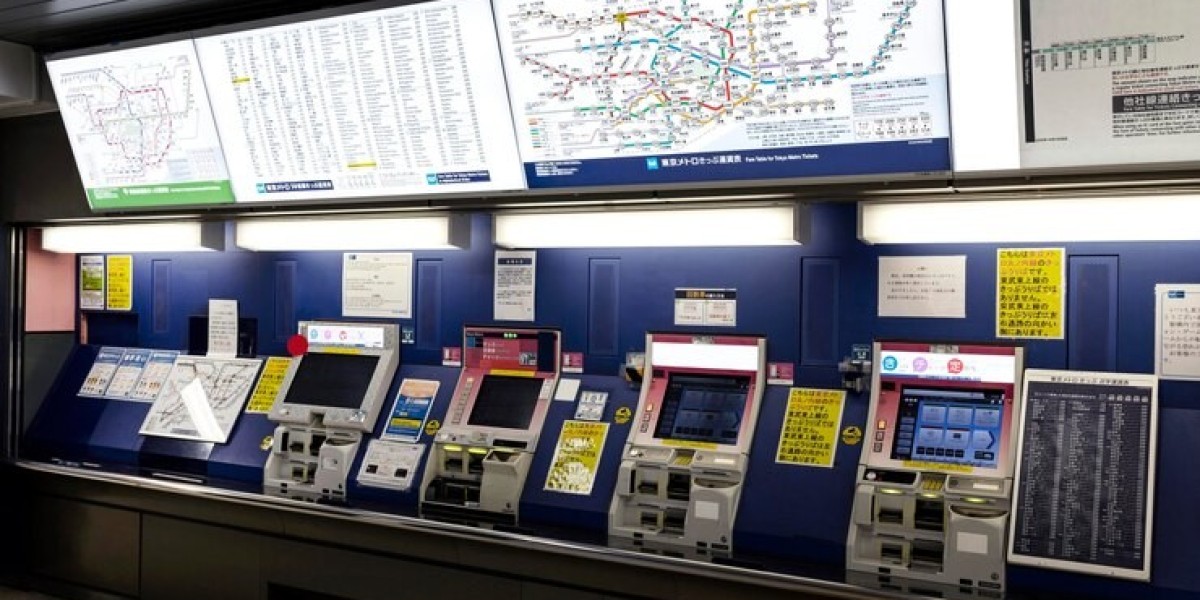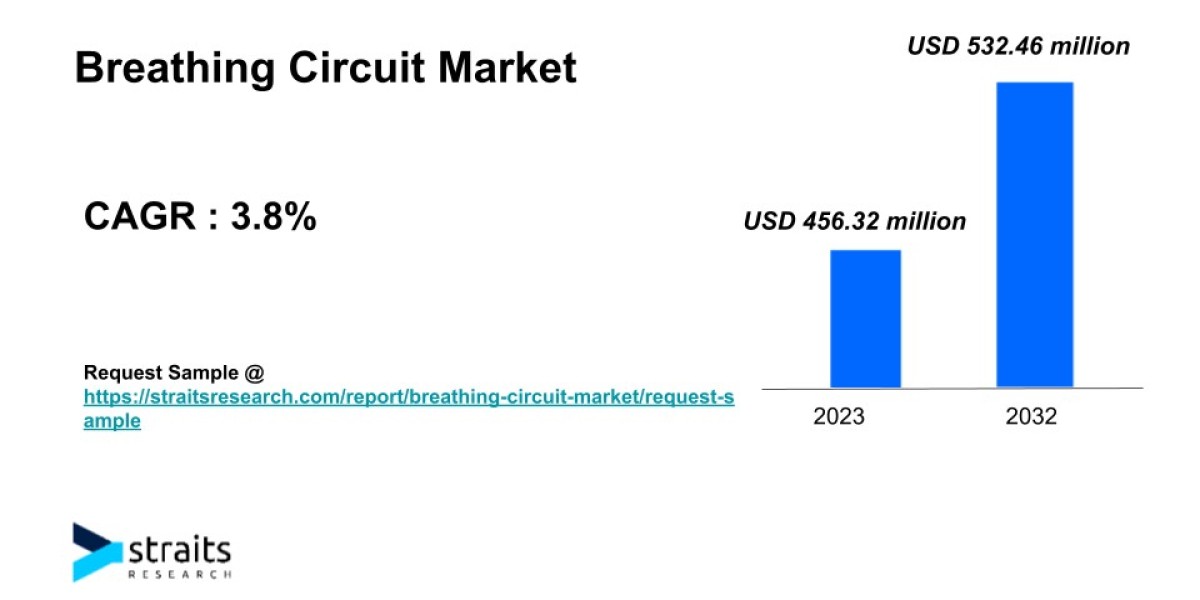Distributed control systems (DCS) are advanced control systems that unite multiple control loops and manage them from a centralized location. They allow for monitoring and control of plant or equipment across an entire facility or multiple facilities from a centralized control room or any networked computer or portable device. This provides operators better visibility and control over dispersed operations.
What Makes DCS Systems Distributed?
A DCS is considered distributed because its sensors, controllers, and other field devices are spread across a large physical area rather than being concentrated in one location. These distributed components are linked together through a high-speed communications network to share data in real-time and coordinate control of the dispersed equipment and processes. The network allows any field device like valves, meters, sensors etc. to communicate with controllers located elsewhere as well as the central human-machine interface (HMI). This distributed architecture enables better management of spatially separated units from a single location.
DCS Architecture
A typical DCS consists of these main components:
- Field Devices: Sensors, valves, actuators etc. located across the plant to measure process variables and control equipment.
- Remote Terminal Units (RTUs): Microprocessor-based electronics that collect data from field devices, perform local control logic and communicate over the network.
- Controllers: Programmable logic controllers (PLCs) or distributed controllers that receive input from RTUs/field devices and execute control programs to regulate the process.
- Workstations: Engineering stations used for configuration, programming and operator interfaces.
- Network: High-speed communication network using protocols like Ethernet, PROFIBUS etc. for real-time data exchange between distributed components.
- Software: Programming software and SCADA/HMI applications for monitoring, controlling, visualizing and data logging of the entire process.
Applications of DCS in Industries
Due to their advanced capabilities, Distributed Control Systems are becoming essential for industries dealing with complex, distributed and interlinked processes that require precise, timely and coordinated control across huge plant areas. Some main applications include:
Oil & Gas Industry
Large offshore rigs and complexes, petrochemical plants and oil refineries extensively use DCS for gathering field data over vast areas, integrating control of disparate units and streamlining operations from central control rooms. This helps maximize productivity and safety in hazardous facilities spread over many acres.
Power Industry
DCS aids thermal and nuclear power plants in centrally monitoring and regulating generation, distribution processes dispersed over boilers, turbines and subsystems located far from each other for steady power supply.
Water & Wastewater Industry
Municipal treatment facilities and large pumping stations benefit from DCS technology to integrate remote pumps, valves and quality analyzers over wide areas under one control umbrella for effective water treatment processes.
Pharmaceutical Industry
Serialization, packing lines and quality control throughout large pharma campuses are easily managed by DCS that links automated equipment distributed across different clean rooms and environmental zones for consistent quality production.
Benefits of Distributed Control Systems
DCS brings significant improvements over conventional centralized and decentralized systems through its distributed architecture and abilities. Some key benefits include:
- Integrated real-time data access: Field devices across plant share data simultaneously in real-time over high-speed network providing system-wide visibility.
- Flexible configuration: Controllers and other components can be located closer to machinery for direct connection reducing costs. New devices and systems can be added easily.
- Reliable communication: Dedicated industrial network ensures reliable, fault-tolerant communication between distributed devices which stays operational during device or cable failures through redundancy.
- Scalability: DCS grows with plant requirements. Components can be added or equipment expanded without having to overhaul entire system by using open architecture.
- Centralized control: All units across facility can be regulated from main control room or monitored remotely through HMIs providing more control flexibility and reduced manpower costs.
- Standardization: Common protocols enable easy integration of disparate systems from varied vendors into one cohesive automation platform for future upgrades and migrations.
- Data analytics: DCS generates vast amounts of real-time operational data which can be used for performance analysis, predictive maintenance, optimization etc. to increase efficiency.
Challenges in Implementing Distributed Control System
While DCS offers enormous advantages over conventional systems, certain challenges need consideration during the deployment process:
- Require substantial capital investment: Transitioning to complete DCS automation requires high initial capital expenditure for hardware, software, installation and commissioning work.
- Network complexity: Maintaining reliability of communication network becomes critical as any failures can disrupt operations across installation. Redundant backup systems are essential.
- Dependence on custom programming: Initial programming and configuration demands specific control expertise as it relies on customized control logic rather than pre-defined controllers or modules.
- Cybersecurity risks: Being network-based, DCS exposes critical infrastructure to cyber threats from hackers or errors necessitating robust protection measures and regular vulnerability assessments.
- Change management: Implementation impacts existing processes significantly requiring comprehensive training of operators and managers for leveraging new capabilities optimally.
- Integration challenges: Getting legacy equipment and specialized systems to integrate seamlessly with DCS without performance issues throughout facility needs careful planning and testing.
The ability to manage widely distributed field devices and machinery as one unified system from a centralized location through integration over communication networks, DCS offers the most advantages for controlling complex industrial processes spread over large geographical areas. When deployed keeping requirements, architecture plans and security measures in mind, it delivers huge improvements in productivity, operations efficiency, quality, energy usage and reduces costs. With advancements in technologies, the scope and role of DCS will only continue to expand across different industries globally.
Get More Insights on- Distributed Control Systems
For Deeper Insights, Find the Report in the Language that You want:
About Author:
Vaagisha brings over three years of expertise as a content editor in the market research domain. Originally a creative writer, she discovered her passion for editing, combining her flair for writing with a meticulous eye for detail. Her ability to craft and refine compelling content makes her an invaluable asset in delivering polished and engaging write-ups.
(LinkedIn: https://www.linkedin.com/in/vaagisha-singh-8080b91)



